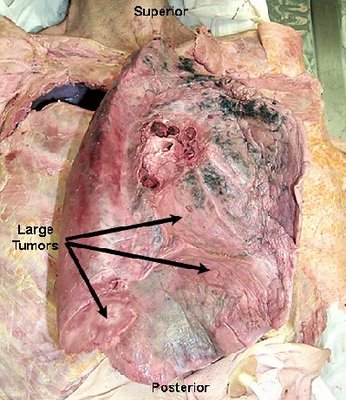Back pain during pregnancy. Back pain is a common complaint during pregnancy. Here's how to find relief. Back pain is a common complaint during pregnancy. And it's no wonder. You're gaining weight. You're walking in a new way. And your hormones are relaxing the muscles and ligaments throughout your body.
But you don't have to grin and bear it. Often, you can treat — or prevent — back pain during pregnancy with simple self-care strategies or complementary therapies.
Give back pain the boot
Consider these steps to ease back pain:
- Practice good posture. As your baby grows, your center of gravity shifts forward. As you compensate in some way to avoid falling forward, you may strain the muscles in your lower back — which can cause back pain. Enter the principles of good posture. Tuck your buttocks under, pull your shoulders back and downward, and stand straight and tall.
- Sit and stand with care. Sit with your feet slightly elevated. Choose a chair that supports your back or place a small pillow behind your lower back. Change position often, and avoid standing for long periods of time. If you must stand, rest one foot on a low step stool.
- Sleep on your side. Sleep on your side, not your back. Keep one or both knees bent. It may also help to place one pillow between your knees and another under your abdomen, or use a full-length body pillow.
- Lift properly. When lifting a small object, squat down and lift with your legs. Don't bend at the waist or lift with your back. And know your limits. Ask for help if you need it.
- Get the right gear. Wear low-heeled shoes with good arch support. Wear maternity pants with a low, supportive waistband. Consider using a maternity support belt.
- Try heat, cold or a back rub. Apply heat to your back. Soak in a warm bathtub or try a heating pad. Some women find relief by alternating ice packs with heat. Rubbing your back also may help. Better yet, ask someone to rub your back for you.
- Stay fit. Regular exercise can keep your back strong and may actually relieve back pain. With your health care provider's OK, try swimming, walking or riding a stationary bike.
- Try pelvic tilt exercises. Kneel on your hands and knees with your head in line with your back. Pull in your abdomen, arching your spine upward. Hold the position for several seconds, then relax your abdomen and back. Repeat five times, working gradually up to 10. Ask your health care provider about other stretching exercises, too.
- Consider complementary treatments. It's unclear how effective chiropractic care or acupuncture are at treating low back pain in pregnancy. But they may provide comfort for some women. These methods are likely safe during pregnancy — as long as you're receiving good prenatal care. Discuss your pain with your health care provider first, however, to make sure your back pain isn't caused by an underlying condition.
Acetaminophen (Tylenol, others) is safe to use during pregnancy, but other pain relievers — including aspirin and ibuprofen (Advil, Motrin, others) — are not. Check with your health care provider before taking any medication to treat your back pain.
Take back pain seriously
Back pain during pregnancy probably won't come as a surprise, but that doesn't mean you should ignore it. A low, dull backache may be a sign of preterm labor. And severe back pain or back pain that's accompanied by vaginal bleeding or discharge may indicate an underlying problem that needs attention. If you're concerned about your back pain, contact your health care provider right away. ( mayoclinic.com)














No comments:
Post a Comment